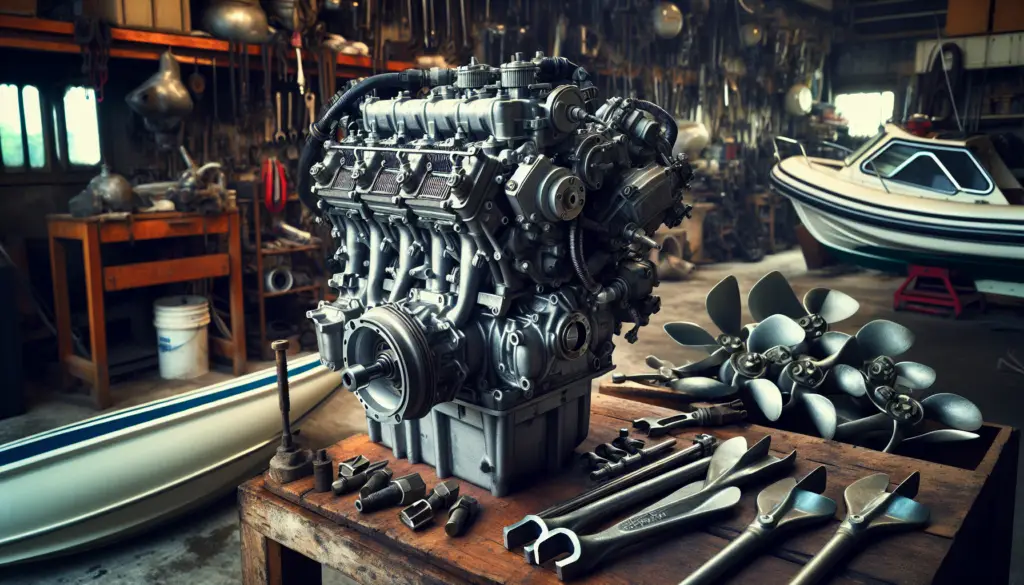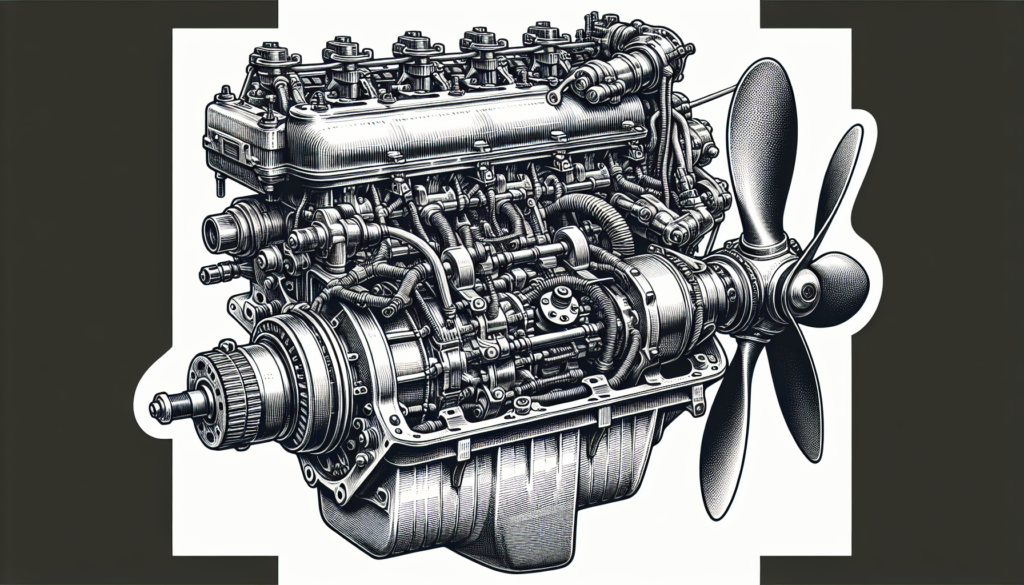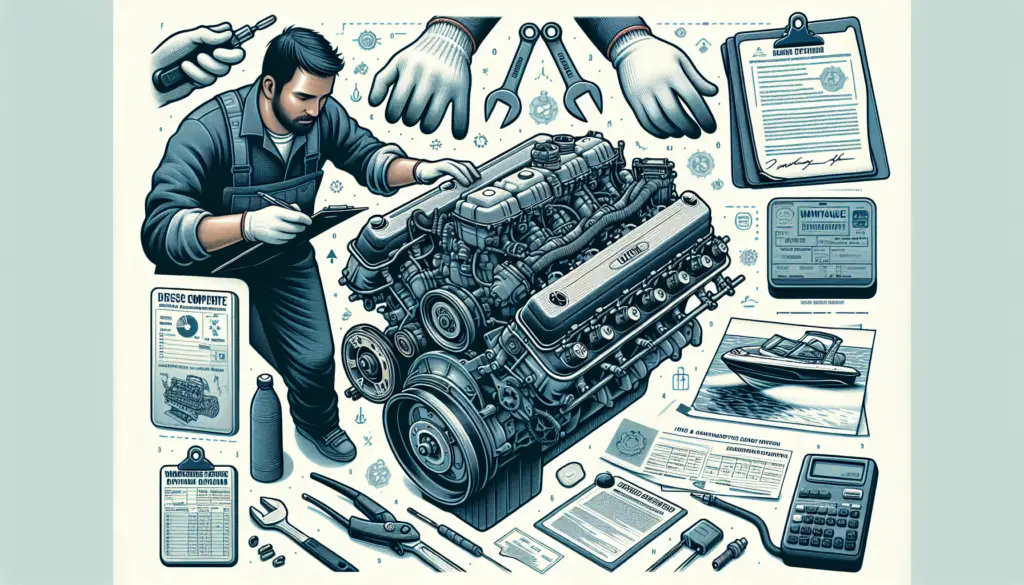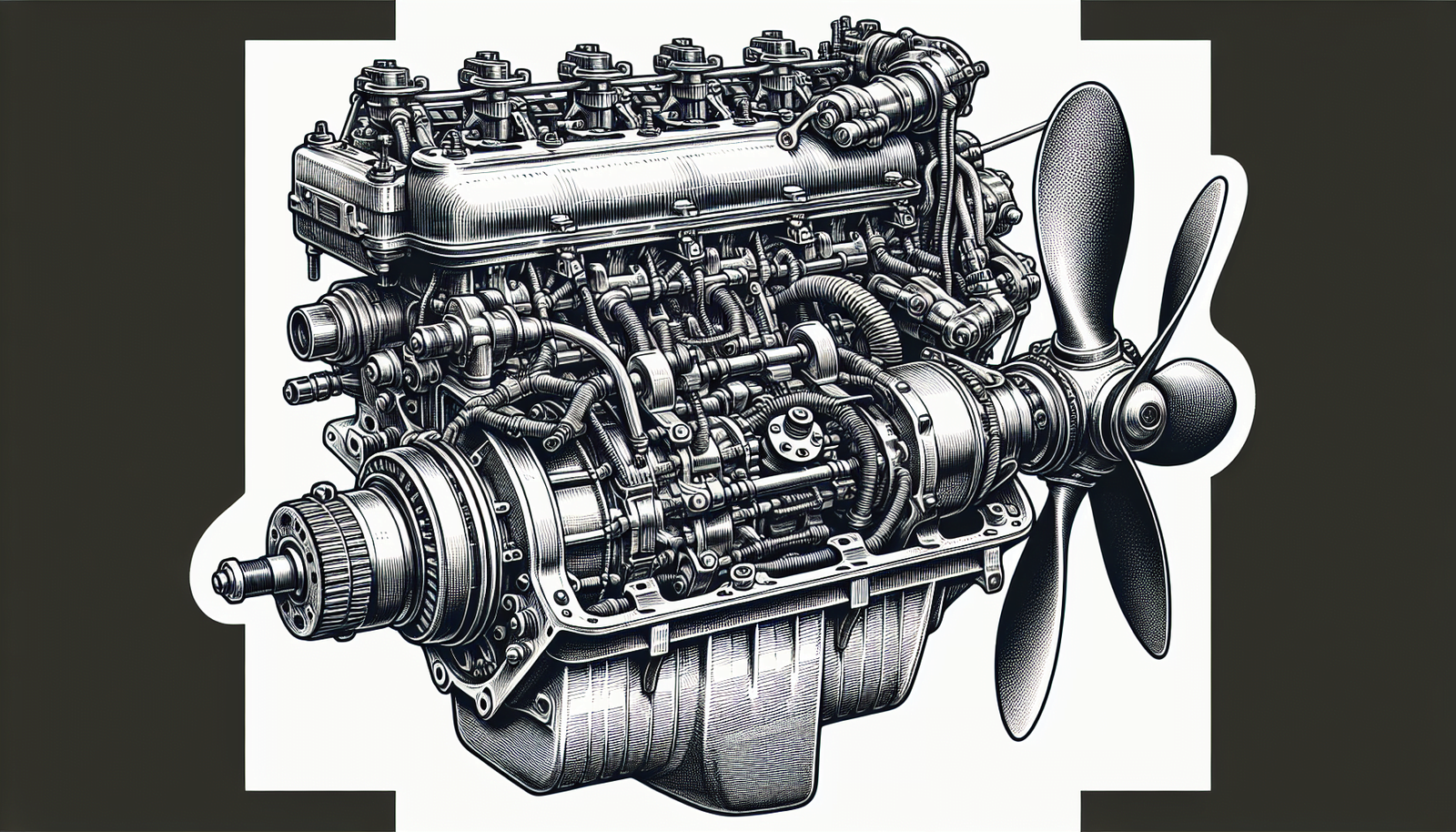Navigating through the vast waters of owning a boat can be quite a journey, just like the thrilling adventures you’re probably envisioning on your dream vessel. However, getting your hands on a shiny new boat engine can quickly drain your savings; a situation that might be avoided with the smart alternative of buying a used one. This buyer’s guide to purchasing a used boat engine is here to ensure you’re equipped with all the right knowledge and expertise to make an informed choice. Prepare for smooth sailing ahead while staying economically savvy!
Understanding Different Types of Boat Engines
Before you head into the market to buy a used boat engine, it’s crucial to understand the different types available. Broadly, boat engines fall into four categories: Inboard, Outboard, Sterndrive, and Jet engines.
Inboard engines
Inboard engines are basically car engines for boats. They’re housed within the boat’s hull and are typically linked to a drive shaft that goes through the hull bottom to turn a propeller. The main advantage of inboard engines is their power and torque; they’re great for really big boats.
Outboard engines
Outboard engines are a complete propulsion system. They combine an engine, gearbox, and propeller in one package that’s mounted on the back, or ‘stern’ of a boat. One merit of these outboards is their streamline operation due to the absence of a big hole in the hull, also they are easier to maintain and replace.
Sterndrive engines
A sterndrive, also known as an inboard/outboard motor, is a sort of hybrid of the first two engines. It consists of an inboard engine connected to a drive unit which is, in turn, connected to a propeller. In general, sterndrives are perfect for boaters looking for an optimal blend of speed, power, and maneuverability.
Jet engines
Last but not least, jet engines, which are inboard engines that work in much the same way as a jet ski, propelling the boat by jet propulsion. This feature implies a shallow draft, making it perfect for water skiing and navigating shallow waters.
Evaluating the Condition of the Used Engine
Once you are aware of the types of engines, the next step in purchasing a used boat engine is to assess the condition of the engine.
Assessment of engine hours
Firstly, you should always check the engine hours. This refers to the total run time of the engine. An engine with lower hours is typically in better shape and has a longer remaining life span compared to one with higher hours.
Checking for engine noises
Listening to the engine is crucial. The engine should run smoothly without any odd noises. Grinding, knocking, or squealing sounds may indicate serious issues, so be on the lookout for these during your inspection.
Signs of leaks or damage
You must also examine the engine for any signs of leaks, cracks, or other types of damage. Leaks can be a sign of gasket issues, while cracks may indicate a serious problem with the engine block itself.
Rust and corrosion
An engine with severe exterior rust or corrosion, especially around the cylinder heads, intake manifold, or exhaust manifold, is likely poorly maintained and may have a variety of hidden problems.

Running a Compression Test
Undertaking a compression check is a key step when evaluating a used boat engine.
Basics of a compression test
A compression test measures the condition of the engine’s cylinders and the valves that seal them. This test involves measuring the pressure of compressed air in each cylinder when the engine is turned over.
Why it’s important
The results of a compression test can give you a good indication of the engine’s overall health. It can reveal potential problems with the rings, valves, or even the cylinder head.
Interpreting results
Consistent readings for all cylinders signify a healthy engine. Any significant difference between the cylinders could suggest problems.
Understanding the Service History
Reviewing the service history is an integral part of purchasing a used boat engine.
Importance of maintenance records
Maintenance records provide critical information about the care and maintenance the engine has received during its life span.
Signs of good maintenance
Indications of regular oil changes, tune-ups, and other routine maintenance are favorable signs. It is even better if major services like timing belt replacements are documented.
Warning signals in service history
Inconsistent service intervals, multiple repairs on the same component, or lack of major services are all warning signals to be aware of.

Carrying out a Sea Trial
Carrying out a sea trial is essentially taking the engine for a test run.
Purpose of a sea trial
The sea trial allows you to observe the engine’s performance under normal operating conditions.
Procedures during a sea trial
During the sea trial, you should test the engine under a variety of conditions, including at different speeds and while carrying a load.
What to observe during the trial
Watch for any red flags like smoke, unusual noises, or erratic performance. The engine should run smoothly and respond well to changes in speed.
Verifying Paperwork and Legalities
The verifying of paperwork and legalities is another essential part of buying a used boat engine.
Understanding of warranty
If the engine is still under warranty, understand what is covered and what is not. A transferable warranty can add value to your purchase.
Importance of title and registration
The title and registration verify the ownership of the engine. Ensure the seller’s name matches that on the documents.
Importance of Bill of Sale
A Bill of Sale is required for legal ownership transfer. It should include the engine’s make, model, serial number, price, and the date of sale.

Purchasing from Dealer Vs Private Seller
When making a purchase, you are presented with two choices: buying from a dealer or a private seller.
Benefits and drawbacks of a dealer
Dealers offer a wider selection of engines, possible warranties, and professional transactions. But you may end up paying a premium price.
Benefits and drawbacks of a private seller
Private sellers often propose lower prices. However, they offer no warranty, and the transaction might be less professional.
Determining a Fair Price
When purchasing a used boat engine, determining a fair price is crucial.
Factors influencing used engine price
The engine’s type, age, hours, condition, and the market demand can all affect engine pricing.
Negotiating a fair price
Bargaining is an important part of buying a used engine. By comparing prices for similar engines and knowing the average market price, you can negotiate a fair deal effectively.
Avoiding overpriced engines
Be cautious of sellers who ask way above the market price. Armed with your research, you can avoid overpaying.

Planning for Post-Purchase Costs
As well as the buying price, there are additional costs to consider after the purchase.
Estimating repair and maintenance costs
Used engines often need some repairs or maintenance. It’s wise to budget for these expenses.
Insurances
Boat engine insurance can help cover the cost if the engine fails or is damaged. Evaluate if it’s worth it for you.
Storage and transportation costs
Consider whether you have a place to store the engine and how much it will cost to transport it to its new location.
Tips for Avoiding Scams
Unfortunately, scams are a reality in the used engine market.
Common selling scams
Rampant scams include selling an engine that’s stolen, non-operational, or has a phony history.
Red flags to watch out
Beware of deals that seem too good to be true, fraudsters pressuring you to act quickly, or sellers who only accept cash transactions.
Secure payment methods
Utilizing secure payment methods like Escrow accounts can ensure your money is safe during the transaction.
Applying these tips and knowledge, you’re now equipped to navigate the used boat engine market with confidence. Happy shopping!

